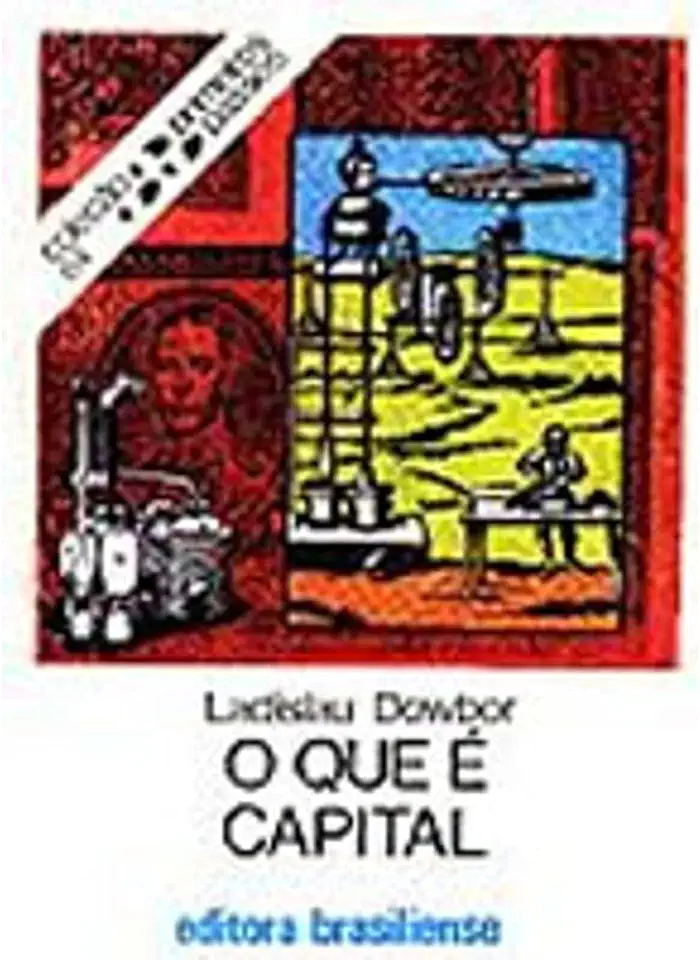
What is Capital - Ladislau Dowbor
What is Capital?
In his groundbreaking book, "What is Capital?", Ladislau Dowbor challenges conventional wisdom and offers a new perspective on the nature of capital. Drawing on a wide range of sources, from classical economics to contemporary social theory, Dowbor argues that capital is not simply a physical asset or a financial instrument, but rather a social relation that is embedded in the process of production.
Capital as a Social Relation
Dowbor begins by arguing that capital is not a thing, but rather a social relation. He defines capital as "the power to command the labor of others." This power is not based on ownership of physical assets, but rather on the control of the means of production. In other words, capital is not simply a collection of machines and buildings, but rather the social relations that allow some people to control the labor of others.
The Accumulation of Capital
Dowbor then goes on to discuss the process of capital accumulation. He argues that capital accumulation is not simply a matter of saving and investment, but rather a process of social exploitation. When capitalists control the means of production, they are able to extract surplus value from the labor of their workers. This surplus value is then used to accumulate more capital, which in turn allows capitalists to control even more labor.
The Contradictions of Capitalism
Dowbor argues that the process of capital accumulation contains a number of contradictions that ultimately lead to crises. One of these contradictions is the tendency for the rate of profit to fall. As capitalists accumulate more capital, they are forced to invest in increasingly unproductive sectors of the economy. This leads to a decline in the rate of profit, which in turn makes it more difficult for capitalists to accumulate capital.
Another contradiction of capitalism is the tendency for inequality to increase. As capitalists accumulate more capital, they become increasingly wealthy, while the workers who create the wealth become increasingly impoverished. This inequality leads to social unrest and political instability, which can ultimately threaten the stability of the capitalist system.
Alternatives to Capitalism
Dowbor concludes by arguing that capitalism is not a sustainable system. He proposes a number of alternatives to capitalism, including socialism, communism, and anarchism. These alternatives offer different ways of organizing the economy that are more just and sustainable than capitalism.
Why You Should Read This Book
"What is Capital?" is a must-read for anyone who wants to understand the nature of capitalism and its alternatives. Dowbor's analysis is clear, concise, and accessible, and he provides a wealth of evidence to support his arguments. This book is essential reading for anyone who is interested in economics, politics, or social justice.
Praise for "What is Capital?"
"A brilliant and original analysis of capitalism. Dowbor's book is a must-read for anyone who wants to understand the world we live in." - Noam Chomsky
"A powerful and provocative critique of capitalism. Dowbor offers a clear and compelling vision of a more just and sustainable economic system." - Robert Pollin
"A major contribution to the study of capitalism. Dowbor's book is a must-read for anyone who is interested in the future of our economy." - Richard Wolff
Enjoyed the summary? Discover all the details and take your reading to the next level — [click here to view the book on Amazon!]